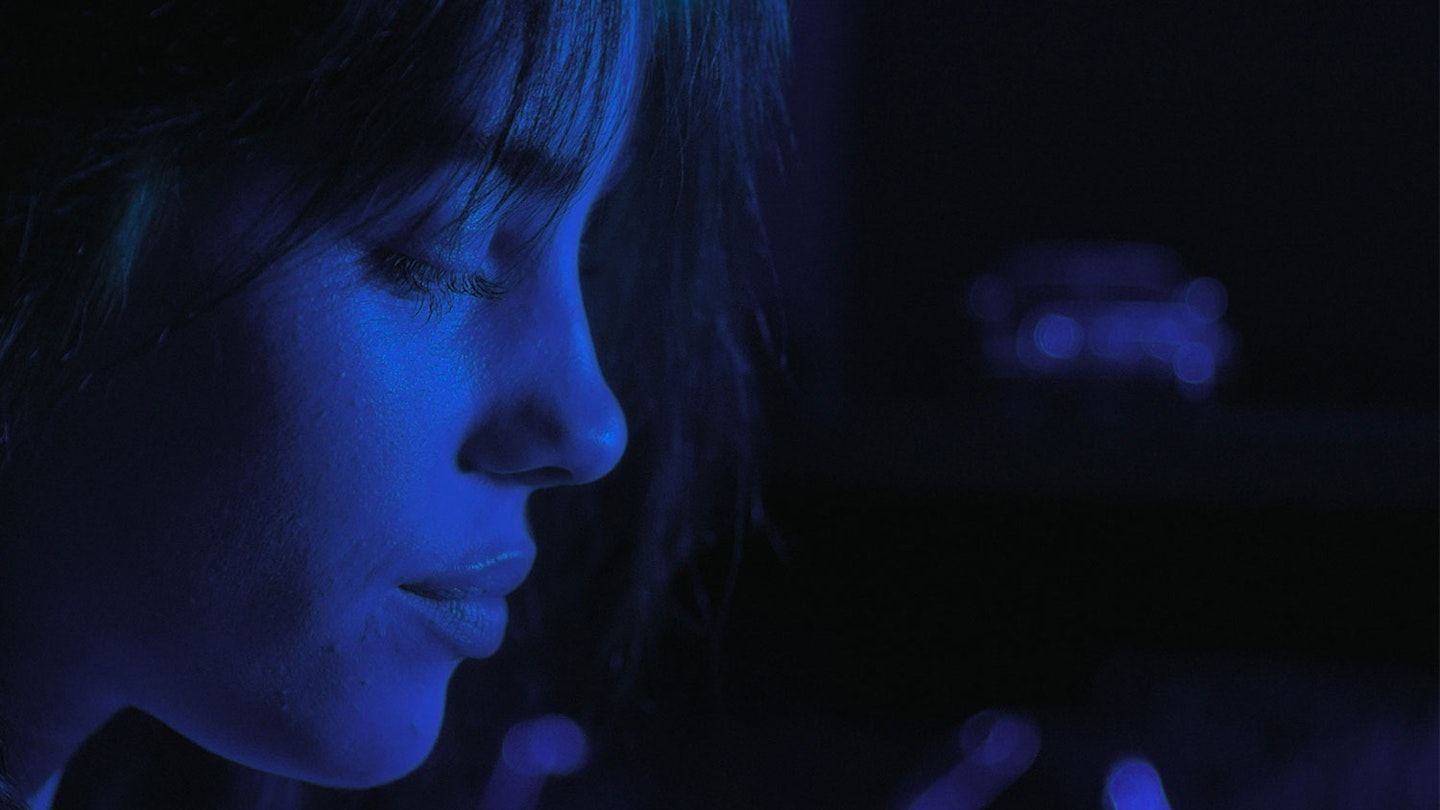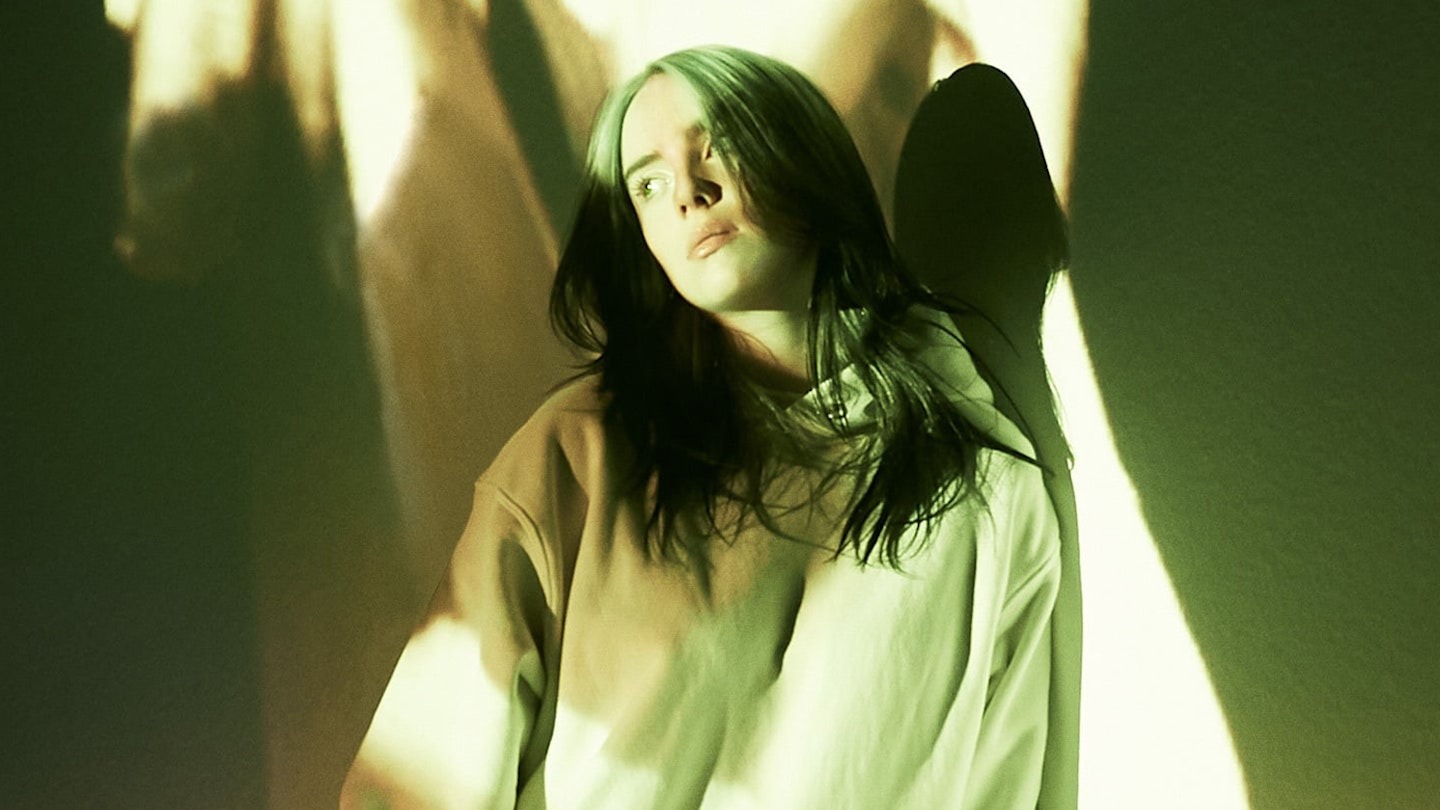The lyrics of ‘ilomilo’, the Billie Eilish track that gives her new documentary its name, go: “The world’s a little blurry / Or maybe it’s my eyes.” If you’d experienced the same last few years as the 19-year-old artist, it’s hard to imagine anything in your life not feeling blurry.
It makes sense, then, to try and understand such an overwhelming, absurd time by introducing the uninitiated (presumably a small few; 76.4 million people follow her on Instagram) to Eilish in a chronological time capsule, charting her rapid rise. The glimpses at Eilish’s early childhood are rare — save an endearing post-credits clip — but considering so much of her career was built in her family home, her personal and professional lives have always been intertwined.

It began in 2015 with a song called ‘Ocean Eyes’ uploaded to Soundcloud, and skyrocketed from there: teenagers around the world found both an ally and an icon in Eilish, a candid songwriter with ethereal vocals and a world-class producer in her brother, Finneas. Together, they made Eilish’s debut album, When We All Fall Asleep, Where Do We Go?, released in 2019. Since then? Five Grammys, two Guinness World Records, a James Bond theme (for the forthcoming No Time To Die) — the list goes on.
It offers a somewhat one-sided look at Eilish’s trajectory, celebrating her strength but never questioning the dangers of such intense fame.
Director R.J. Cutler stitches together home videos from the family household and follows her on the road, spotlighting some of Eilish’s biggest shows and listening to the thoughts she shares in-between when talking to camera. Fans, who Eilish says are “a part of me”, are often featured as teary onlookers in the front row of every show, and the musician’s parents, Maggie Baird and Patrick O’Connell, frequently speak to their experiences as well. “I don’t know how anybody does this without a parent,” Baird says at one point. The previously little-known character who could draw attention is Eilish’s ex-boyfriend Brandon Quention Adams (simply referred to as ‘Q’ in the film), not taking over the narrative but still filling in some gaps from her journey to date.
You get a sense of Eilish’s ambition — her knack for directing music videos, her singular talent and self-deprecation — and the colossal impact she’s had on the music industry, and on those who love her. But despite the sizeable 140-minute runtime, plenty remains unexplored. The film is never melodramatic nor invasive (although Eilish doesn’t shy away from discussions of self-harm and mental health), but it offers a somewhat one-sided look at Eilish’s trajectory, celebrating her strength but never questioning the dangers of such intense fame for other young women in her position — even though Eilish spoke of the harms of body-shaming in short film Not My Responsibility last year.
Fans will enjoy spending the time, other viewers might decide to join their church. But the film still makes you feel, as perhaps it should as a doc about a 19-year-old, that there is so much more for the world to discover about Billie Eilish.
